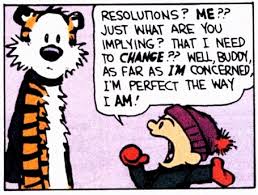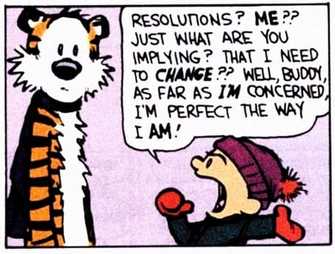
Yet spending time with others and teaming up with them to plan events and outings can at times be challenging. Some families are pretty good at negotiating conflicts and solving problems. They have developed a system that allows them to navigate through the choppy waters of disagreement while helping everyone feel as if they are being included and heard. These families have desisted from looking at conflict as something that needs to be avoided at all costs so that no one’s feathers are ruffled. They instead embrace conflict as a natural factor in human interactions and as an opportunity to grow and help grow.
Perhaps mom may want everyone to dry up from the beach, before sitting at the table to have lunch, while the children, and sometimes even dad, may be more pressed by their hunger and less motivated to change into dry clothes. Maybe there will be nights when some of the of the family members may prefer to play a board game, while others would rather watch a movie on TV. Because conflict is bound to happen when people’s needs are different and/or in opposition, having strategies for dealing with conflict, may not just be helpful but indispensable for a fight-free fun vacation.
Negotiating conflict in an effective manner may be guided by two simple guidelines:
- Keep your own cool! During any given conflict the only person responsible for regulating his or her emotions and keeping his/her cool it’s me. When I expect others to calm me down or “make me feel better”, everyone loses, including me.
- Remember: The problem is the problem! Just because there is a problem it does not mean that anyone is the problem. The more you focus on the problem “not getting the chairs wet”, “starving after the beach”, the more likely you are to find solutions. For instance, using the balcony furniture to eat may be a good compromise in this case.
- Identify the problem or problems as everyone sees them. Different people may see the same problem differently or see other problems. Everyone is entitled to an opinion, no one is entitled to have it only their way.
- State the facts. Focus on the present and avoid guilt inducing statements or absolutes such as: “you always get your way”, “we never do what I want”. You could, instead, focus on what you need or want today and why: “I’d rather watch TV today, because I am very tired and will not be much fun to play with”.
- Be aware of your feelings and validate them for yourself and others: “It seems you are very tired”, or “I can see you really want to do that” are statements that can go a long way in connecting. Remember, feelings are just feelings they are neither right nor wrong. At the same time, just because you validated someone’s feelings, this does not mean that you need to accept inappropriate behaviors: “Although you are tired, I would like you to put your swimming trunks to dry, before you go to bed”.
- Help generate solutions, where everyone has an opportunity to participate
- Weight (+) and (-) of every solutions proposed
- Be ready to compromise and agree to disagree. You may not get all you want but, you may get a lot of it if you keep an open mind.
- Be as democratic as the situation permits









 RSS Feed
RSS Feed
